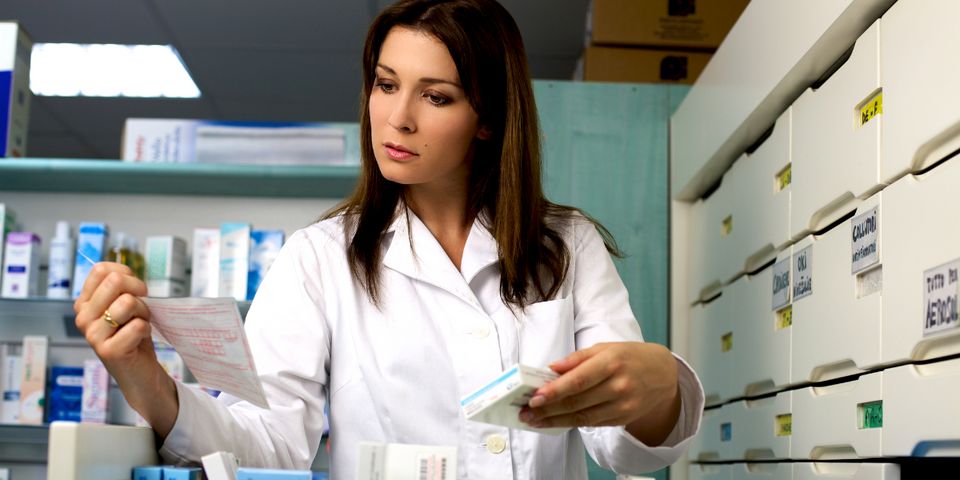4 FAQ About Compounding Pharmacies and FDA Regulations

A compounding pharmacy can be invaluable to patients who require a specific type of medication. These facilities specialize in creating custom medicines by mixing or otherwise altering drug ingredients. The Food and Drug Administration (FDA) has raised concerns about practices at certain pharmacies that don’t prioritize the safety of patients. While this does not represent the integrity of all compounding facilities, it does have a widespread impact on compounders who take their positions seriously. Here’s what you should know.
A Guide to the Impact of FDA Regulations on Compounding Pharmacies
Who benefits from compounded drugs?
Not everyone can take medications that are approved by the FDA. For example, a person might be allergic to a specific ingredient in a drug they need, or they may have difficulty swallowing large pills. In these cases, compounders can formulate an alternative solution that is comparable to the FDA-approved medication.
Are compounded medications FDA-approved?

While the FDA does not review the quality of compounded drugs to determine their efficacy or quality, many health care professionals and patients depend on them. The Drug Quality and Security Act (DQSA), which was passed in 2013, established outsourcing facilities for compounders. These establishments are subject to regular FDA and state board inspections and higher standards than standard companies.
What role does the FDA play?
In recent years, the FDA has established more strict regulations and guidelines in response to insanitary conditions that led to contaminated drug preparation. Additionally, many outlets that don’t qualify as outsourcing facilities or locations that are specifically registered to engage in compounding—and that willingly comply with certain guidelines established in the Food, Drug, and Cosmetic Act—compound drugs on their premises. This affects the good name of reputable pharmacies that do comply with regulations and are committed to patient satisfaction and health.
What new guidelines exist?
The FDA has implemented stringent guidelines in response to past illness outbreaks that resulted from medication preparation in facilities where proper sanitation was poorly enforced. One law requires that any drug or biologic that is repackaged, diluted, or mixed by a compounder be tested for microbial contaminants or administered within a four-hour period of the time it was created. The FDA is also capping interstate shipments at 30%.
Patients can trust that the medications they receive from Precision Compounding Pharmacy are of the highest quality and prepared with safety and integrity. This facility serves clients throughout Omaha, NE, and collaborates directly with health care professionals and patients to ensure that each formula is developed according to the person’s unique needs. They also offer veterinary compounding services. Visit the website to learn more, or call (402) 932-6373 to speak with a representative.
About the Business
Have a question? Ask the experts!
Send your question

